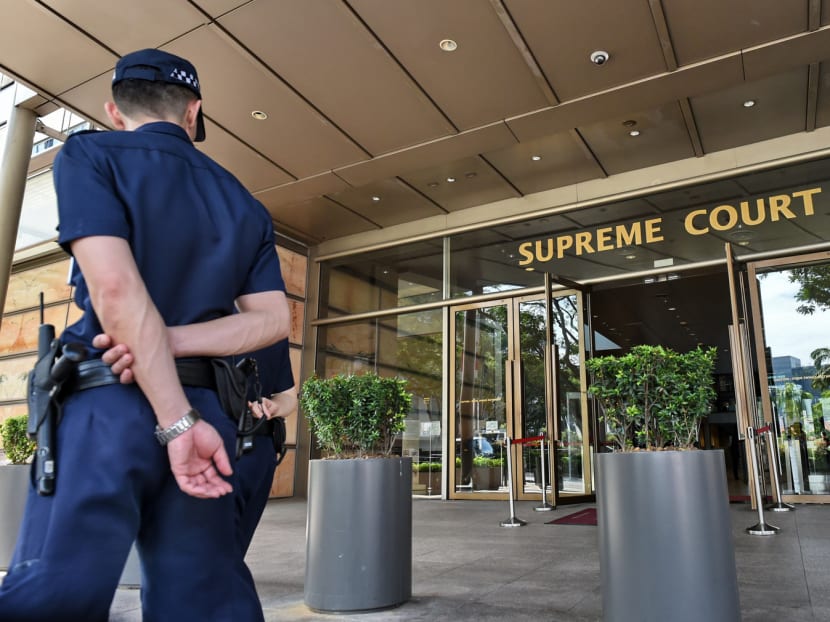High Court rejects 2 convicts’ appeal against their death penalties
SINGAPORE — The low IQ level of a convict alone is “not evidence of an abnormality of mind”, a High Court judge ruled on Monday (Nov 13), as he dismissed an appeal for re-sentencing by two convicts who are on death row.
SINGAPORE — The low IQ level of a convict alone is “not evidence of an abnormality of mind”, a High Court judge ruled on Monday (Nov 13), as he dismissed an appeal for re-sentencing by two convicts who are on death row.
The duo — Roslan Bakar, 46, and Pausi Jefridin, 32 — were sentenced to death in April 2010, after being convicted on drug trafficking charges. They were trafficking at least 96.07g of diamorphine and 76.37g of methamphetamine in 2008.
In a written judgement, Justice Choo Han Teck said that the IQ levels of Roslan and Pausi did not assist them in their appeal.
“In some cases, the IQ level may offer corroborative support, but here, the conduct of both applicants were amply shown … that they were functioning in ways no different from people with higher IQ levels in relation to the drug offences,” he wrote.
Both men had claimed to be suffering from an abnormality of mind, which “substantially impaired” their mental responsibility for what they had done.
Pausi’s lawyer Chung Ting Fai had said that his client had an IQ level of 67, which meant that he was not able to able to “think through his actions and consequences thoroughly”.
Roslan’s lawyer Kertar Singh argued that his client had reduced intellectual functioning, which meant he had “limited capacity for judgement, decision-making, consequential thinking, impulse control and executive function”.
Mr Singh added that Roslan was merely a courier, and denied that he had given instructions to someone else to retrieve and deliver the drugs.
The prosecution, led by Deputy Public Prosecutor (DPP) Christina Koh, disputed these findings, arguing that Roslan was “within borderline range of intellectual functioning”.
On IQ levels, DPP Koh said that they are inconclusive because they assess cognitive, not adaptive functioning, abilities.
In his judgement, Justice Choo said that Pausi was “probably acting only as a courier”, but Roslan was not. He added that Roslan was a “central figure” in the drug transaction, who “directed the actions of others involved, and orchestrated its moving parts”.
This is not the first appeal both men have filed against their convictions and sentences. In March 2011, the Apex Court threw out an initial appeal both men had lodged.
In 2015, Roslan filed a motion to adduce fresh evidence, claiming that there was a “conspiracy” by other suspects to put the blame on him, but his appeal was also dismissed.







